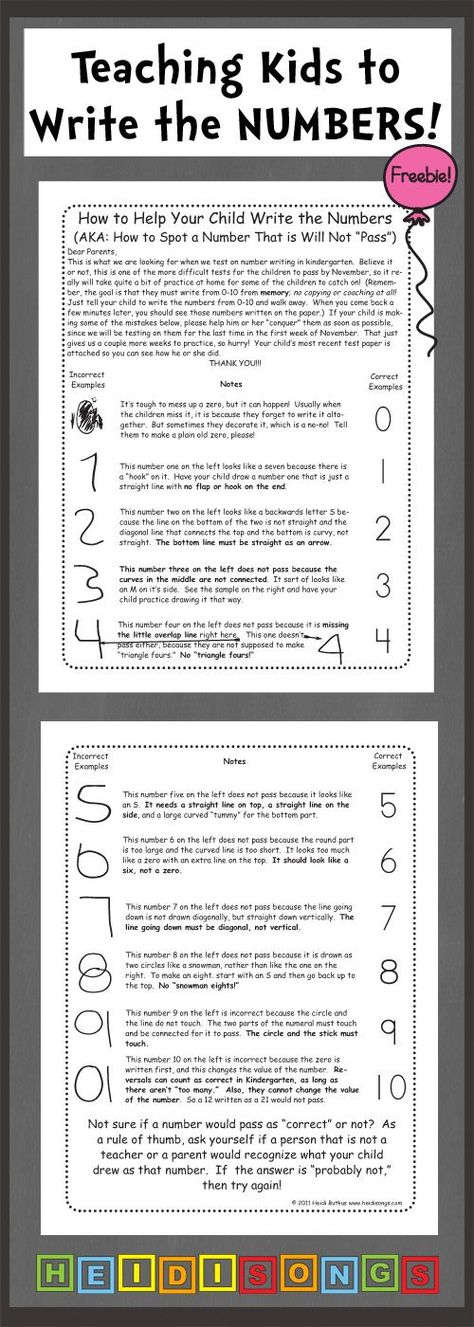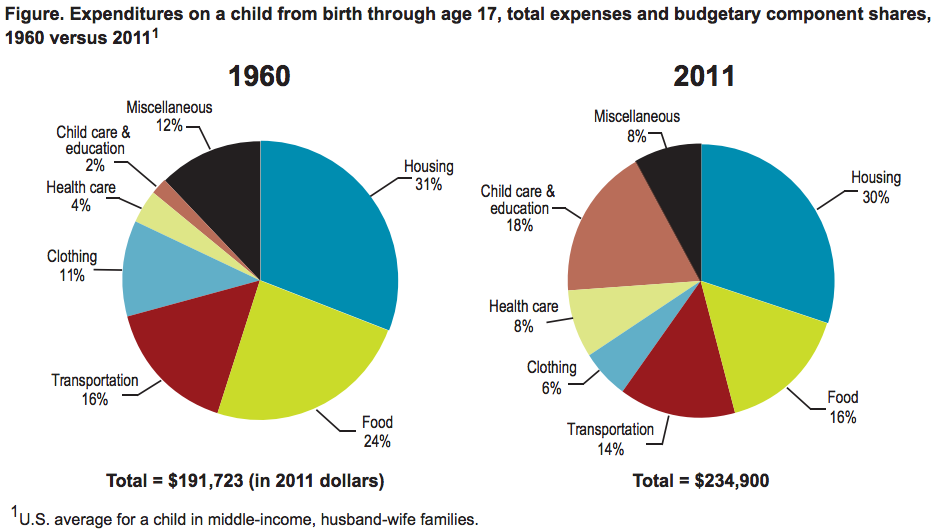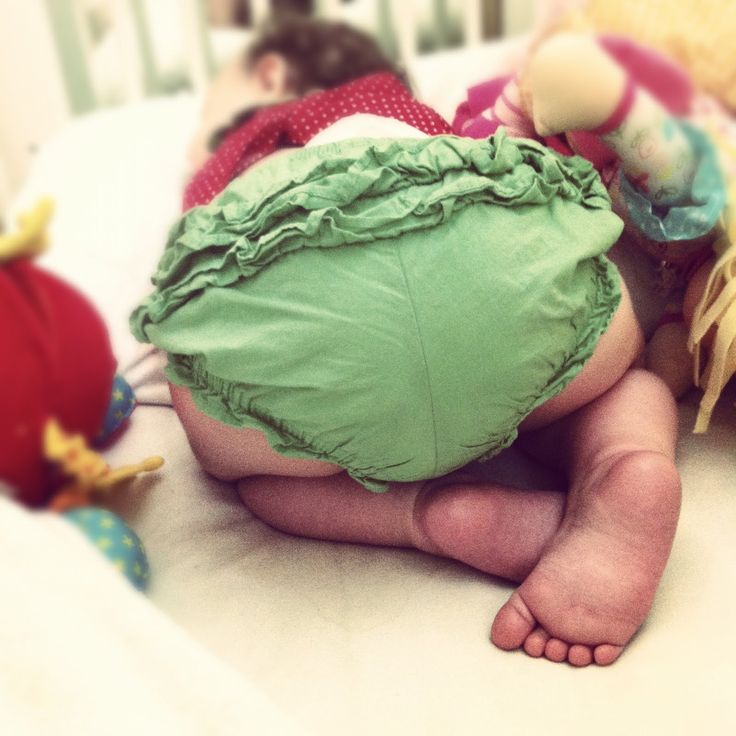How to make my child more independent
8 tips for teaching kids to be more independent
It’s 7:55 a.m. and my six-year-old daughter is singing Pharrell’s “Happy” in her pyjamas while bopping to the beat. I’m not happy, knowing that the school bell rings in 15 minutes. I pull her PJs off like they’re on fire and tug up her tights so brusquely that I practically lift her off the floor. We make it, barely.
I know she can dress herself, but my blood pressure starts to spike watching her stalling shenanigans, and I often end up doing it for her to avoid facing yet another late slip.
Sound familiar? Jeanne Williams, an Edmonton psychologist, sees many parents coping with the time crunch by using a “parenting to get through the day” approach: They worry about what needs to be done in the here and now, not about the long-term effects of these daily choices. “I’d go so far as to say that all parents do this at some point,” she says.
Well, if we’re all doing it, it can’t be that bad. Right?
Unfortunately, this isn’t a strength-in-numbers thing. “Habitually doing things for your child that she’s capable of doing herself sends an inadvertent message that you don’t have confidence in her abilities,” Williams warns. The outcome is a child who lacks independence, self-esteem and problem-solving skills and who can’t—or won’t—do age-appropriate tasks. This is sometimes called “learned helplessness.” Learned from whom? You guessed it.
But Williams doesn’t want us to feel guilty. She knows we’re just trying to keep all those balls in the air and explains that this problem is fixable—and there’s huge payoff: confident, capable kids, and tasks removed from your plate. Here are eight tips for teaching kids to be more independent:
1. Give noticeGet your child on board by encouraging her to help “you” change. When Williams realized she was doing way more for her son than was necessary, she told him, “I’m sorry. I’ve been treating you like a little kid when you are ready to do some big-kid jobs!” She warns against using phrases like “You’re not a baby anymore”; baby can be a sensitive word in this age group.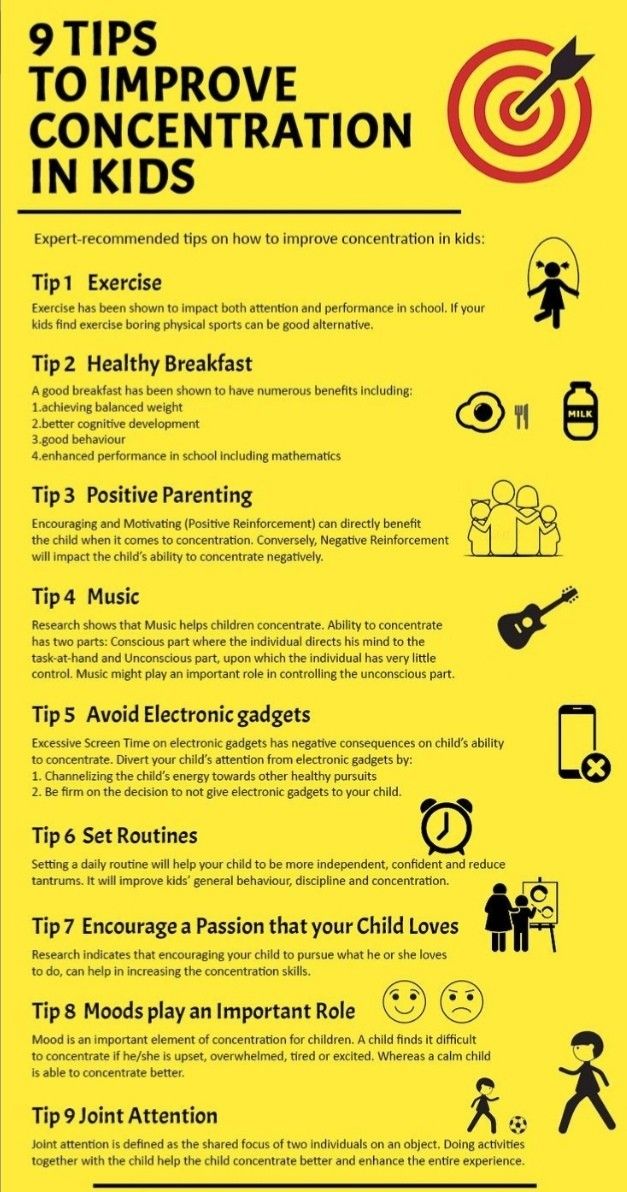
Make a list of things she could be doing herself. Mine had 13 tasks, including brushing her teeth (gah!). Ask her which duties she feels she’s big enough to take on—it’s likely to increase her willingness to try.
3. Target prioritiesTackle one item at a time, so you don’t overwhelm her.
4. Make timeIf it takes her 10 minutes to brush her own hair, start your morning 10 minutes earlier (and put down the brush!). When she’s not being micromanaged, she may surprise you with her co-operation, and you’ll be a calmer influence when you’re not racing against the clock.
5. Negotiate compromiseIf she digs in her heels, compromise and inject some fun. For a few days, I took shirt duty, and she did the bottoms. I said that her tree branches (arms) needed their leaves (her shirt) and that she did a great job—and would also be awesome at putting on her own shirt.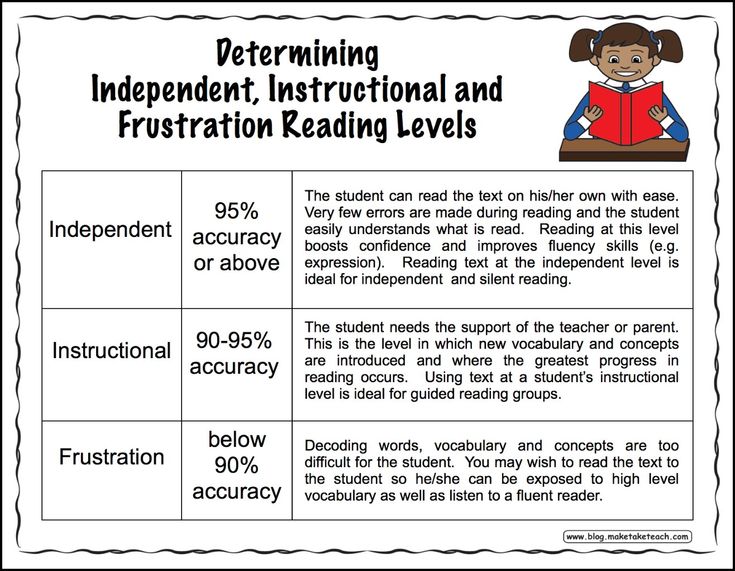
Accept that she won’t do the task as well as you. If the milk spills, show her how to clean it up without criticism and assure her it happens to everyone.
7. Praise somethingInstead of pointing out that her shoes are on the wrong feet, say, “You put on your own shoes! Good job!” She’ll discover the discomfort on her own. Give positive follow-up like, “I bet you’ll get them on the right feet tomorrow.”
8. Consider circumstancesIf kids are tired, sick, stressed or adjusting to a change, it’s not the time to introduce new responsibilities. And don’t be discouraged if they regress, wanting you to do a task after they’ve mastered it. This is normal. Temporarily sharing the load can help them bounce back more quickly than if you scold or criticize them.
Don’t rush in to solve minor issues when they crop up, says psychologist Jeanne Williams. Encourage your child’s problem-solving skills by asking if she can come up with a fix. If she’s stumped, give her time to think before offering up your ideas.
Encourage your child’s problem-solving skills by asking if she can come up with a fix. If she’s stumped, give her time to think before offering up your ideas.
Try to stay relaxed. Like me, you may find more messy beds and puddles of milk, but hearing your child proudly say, “I did it all by myself!” is so worth it.
A version of this article appeared in our August 2014 issue with the headline “Help yourself,” p. 50.
Stay in touch
Subscribe to Today's Parent's daily newsletter for our best parenting news, tips, essays and recipes.- Email*
- CAPTCHA
- Consent*
Yes, I would like to receive Today's Parent's newsletter. I understand I can unsubscribe at any time.**
FILED UNDER: Bathroom routine Chores Parenting Parenting style
How Do I Get My Child to be More Independent? A Step-by-Step Guide
Your kid is thirsty, you get up and get him a drink.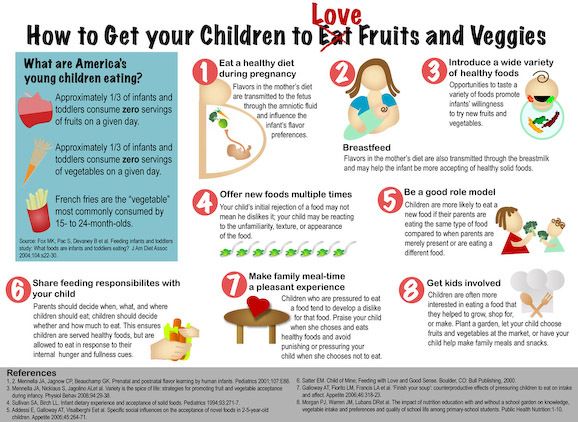 Your kid’s room is a mess, you clean it. You are your child’s maid, housekeeper and waitress. When is this supposed to end? Perhaps you woke up one day and realized your fifteen-year-old doesn’t know how to use the microwave or do the dishes. Maybe you have a ten-year-old who doesn’t know how to make his own lunch or a five-year-old who refuses to get himself dressed. The question pounds in your head, “How do I get my child to be more independent?”
Your kid’s room is a mess, you clean it. You are your child’s maid, housekeeper and waitress. When is this supposed to end? Perhaps you woke up one day and realized your fifteen-year-old doesn’t know how to use the microwave or do the dishes. Maybe you have a ten-year-old who doesn’t know how to make his own lunch or a five-year-old who refuses to get himself dressed. The question pounds in your head, “How do I get my child to be more independent?”
As parents, we set the pace for our children’s independence. If you want your child to be more independent, you have to set up that expectation in advance. Here are some simple steps to get you started:
#1 Are you the barrier to your child’s independence?For starters, you have to ask yourself – do you feel uncomfortable having your kids do things for themselves? Do you feel guilty when your kids have to clean their own room, do their own laundry or make their own lunch?
If you answered yes to this, it is important that you dig deeper. Usually, this guilt stems from your own childhood. You can explore this concept further here. You won’t be able to teach your kids independence if you feel guilty about it.
Usually, this guilt stems from your own childhood. You can explore this concept further here. You won’t be able to teach your kids independence if you feel guilty about it.
Once you get over the guilt, let’s move on to step #2.
#2 What should you expect your kids to be doing?Some parents, myself included, often forget that their kids are old enough to be doing things for themselves. I remember completely forgetting that I should be teaching my first child to put her own clothes on. This thought didn’t occur to me until she was way into toddlerhood. My third child was taught that super early more out of necessity and survival than anything else.
Sometimes as parents we get into routines and we forget that we need to be moving on to the next stage. Take a look around and see what other kids are doing at the same age. If you aren’t sure, ask your friends and family. Every child develops at a different pace, but there are some major skills that most kids should have at particular ages.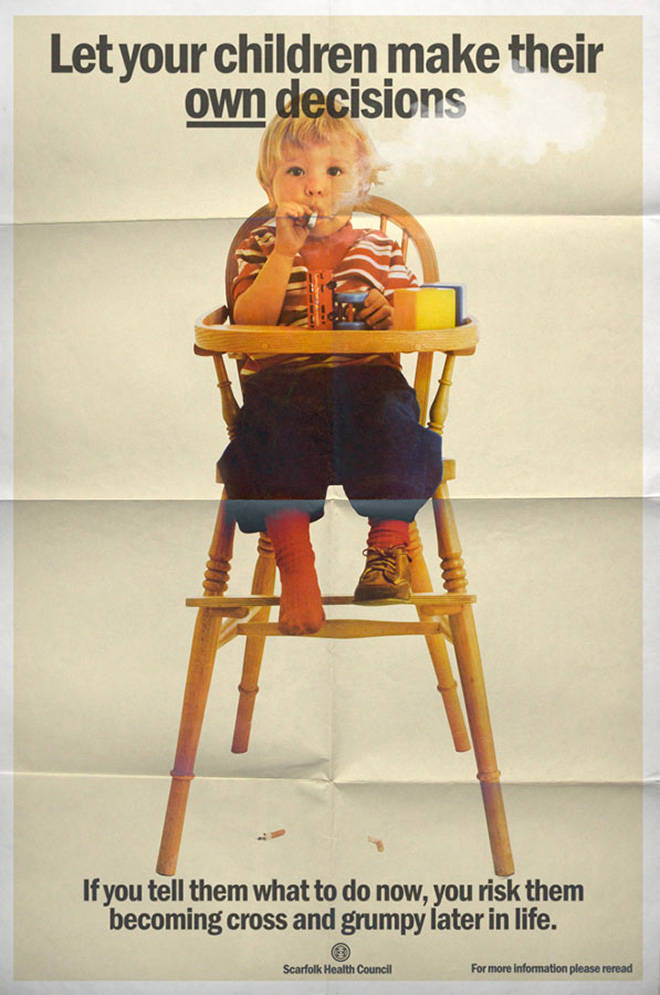
If you are unsure, ask your kids to do a particular task and see how well they do it and how long it takes them to complete it. Did they do it well? Did they do it in a reasonable amount of time? If yes and yes – then they can do that task independently.
If the answer is no, do they need some hands on teaching or are they not physically or emotionally mature enough to handle the task?
Are they an “I can’t do it!” kind of kid? Read my article on how to get kids to do things themselves, when they don’t believe they can.
#3 Stop doing everything for your kids
The first step in getting your children to be more independent is for you to stop doing everything for them. If I had someone following me around doing everything for me, I wouldn’t be independent either. Ask yourself:
Can they dress themselves?
Can they pick out their own clothes?
Can they get their own drink?
Can they clear up their own plate?
Can they clean up their own room?
Can they get their own snack?
Can they do at least one family chore?
Can they do their own school projects?
Can they problem-solve their own peer conflict?
Can they make their own lunch?
If not, should they be? Can you teach them? Instead of doing it for them, show them how to do it.
Let your kids know that as they get older they will have to do more and more things for themselves. You don’t want to suddenly change your expectations without some conversation with your kids.
At first, I felt really guilty when I had my ten-year-old daughter make her own school lunch. Especially since I was still making lunch for my two younger children. I sat down with her and explained it like this:
“As you get older I want to teach you how to do things for yourself. As a good mom, it is my job to slowly grow your abilities and support your independence. When I have you do things for yourself, it is not because I am a lazy mom or I don’t care about you, it is because I am teaching you life skills. If I didn’t start having you do these things for yourself, you would be completely lost as an adult. Sometimes you are able to do things independently that your siblings cannot. It would be easier for me to just make three lunches, but I don’t make yours because you are at the stage where I need to teach you how to do it yourself. ”
”
Once your kids know what is expected of them, make the task a bit easier. Arrange your house in such a way that facilitates independence.
Here are some suggestions:
Keep snacks that they are allowed to eat on a low shelf
Keep kid friendly cleaning supplies accessible to them
Have laundry baskets in each room
Keep stools in areas where kids need to reach
Keep arts and crafts in easily accessible areas for independent play
Put outfits in bins for young kids to self-dress
For a complete article on how to set up your home to encourage independence click here.
#6 Constantly reassess what your kids can be doing independentlyEvery day your kids are growing more capable and skilled. Frequently revisit what tasks they are capable of doing independently. This will change all the time. Should they be helping with their laundry? Should they be learning how to cook? Skill building doesn’t end until they are out of the house.
Having your kids do things for themselves doesn’t make you a lazy or unloving parent. It means you care. It means you don’t want your college-aged children coming back home because they can’t cook or clean for themselves. It means you don’t want to have your adult children taking a crash course on life because they weren’t given the skills as children. It means you care enough to let them fly solo.
Do you have some tips on how you are fostering independence with your kids? Share your tips with other parents.
Do you know someone who can benefit from learning how to get their child to be more independent? Share this article with them.
How to raise independence in a child: 9 rules
The ideal picture that parents draw in their imagination often looks like this: the child does everything himself, quickly and accurately. One important detail remains behind the scenes - he does only what he is told. Get up, wash your face and brush your teeth, go to breakfast - please! But the willingness to willingly follow directions, no matter how valuable they may be, is not independence at all, but only obedience. It is the habit of “obeying” adults that becomes one of the main reasons for passivity, lack of ideas and lack of initiative - psychological problems that parents of schoolchildren so often face. “He can’t really say what he wants, and he won’t do anything himself until you remind me! And just who is he like that? - you can hear the complaints of adults.
Get up, wash your face and brush your teeth, go to breakfast - please! But the willingness to willingly follow directions, no matter how valuable they may be, is not independence at all, but only obedience. It is the habit of “obeying” adults that becomes one of the main reasons for passivity, lack of ideas and lack of initiative - psychological problems that parents of schoolchildren so often face. “He can’t really say what he wants, and he won’t do anything himself until you remind me! And just who is he like that? - you can hear the complaints of adults.
In fact, independence begins to form quite early. The main thing is to notice it in time. Already at 1-2 years old, the first conscious desires for independent actions appear in the crumbs. As soon as he understands that he can satisfy some of his needs himself (get out of bed, drink from a bottle, turn on the light), he tries to do it. And immediately he hears the first parental prohibitions: do not touch, otherwise you will break, put in place, otherwise you will spill! Further - more: stop, don’t go there, put it back, give it back . .. At 3-4 years old, the baby experiences the first serious crisis of growing up, when an understanding comes to him: not only his actions, but also his desires may differ from what adults require. He wants to wear a yellow T-shirt to kindergarten, but his mother pulls on a gray one - it's more practical. A trifle? By no means! Vigilant control and constant pressure from adults not only destroy the child's craving for knowledge of the world, but also completely discourage independent action in general. Pretty quickly, the child understands: sometimes it’s not necessary to make efforts where you don’t want to (adults will do everything themselves), and begins to use it. How to prevent such a development of events?
.. At 3-4 years old, the baby experiences the first serious crisis of growing up, when an understanding comes to him: not only his actions, but also his desires may differ from what adults require. He wants to wear a yellow T-shirt to kindergarten, but his mother pulls on a gray one - it's more practical. A trifle? By no means! Vigilant control and constant pressure from adults not only destroy the child's craving for knowledge of the world, but also completely discourage independent action in general. Pretty quickly, the child understands: sometimes it’s not necessary to make efforts where you don’t want to (adults will do everything themselves), and begins to use it. How to prevent such a development of events?
Related content:
Cuckoos vs Chickens: Ultimate Fighting
Why We Don't Like Other People's Children
Legal Advice: Can Spouses Conclude...
1
Is a one-year-old baby throwing toys? Do not run headlong to pick up and serve - let him crawl to them himself. Enjoying smearing fruit puree all over your face? Don't scold. Your task is to give the little man the opportunity to act, which means to feel independent. Let him do what he wants, even if the results are unsuccessful at first. When you are not sure that the child knows how to do something (bring a spoon to his mouth, drink from a cup, fasten the buttons on his jacket, etc.), show how to do it correctly. It doesn't work - no problem. Do not interfere with his attempts to cope with the problem on his own and help only when he asks you to! Of course, it is necessary to take into account the age and already accumulated experience. Act consistently: first let the baby learn to take off his pants, and only then - to put on, first of all, show how to wield a spoon, and only then - a fork, etc. Complicate the tasks gradually - the successful development of new independent skills well stimulates children's interest in them.
Enjoying smearing fruit puree all over your face? Don't scold. Your task is to give the little man the opportunity to act, which means to feel independent. Let him do what he wants, even if the results are unsuccessful at first. When you are not sure that the child knows how to do something (bring a spoon to his mouth, drink from a cup, fasten the buttons on his jacket, etc.), show how to do it correctly. It doesn't work - no problem. Do not interfere with his attempts to cope with the problem on his own and help only when he asks you to! Of course, it is necessary to take into account the age and already accumulated experience. Act consistently: first let the baby learn to take off his pants, and only then - to put on, first of all, show how to wield a spoon, and only then - a fork, etc. Complicate the tasks gradually - the successful development of new independent skills well stimulates children's interest in them.
Similar materials:
School tricks: how to inspire a child for a new.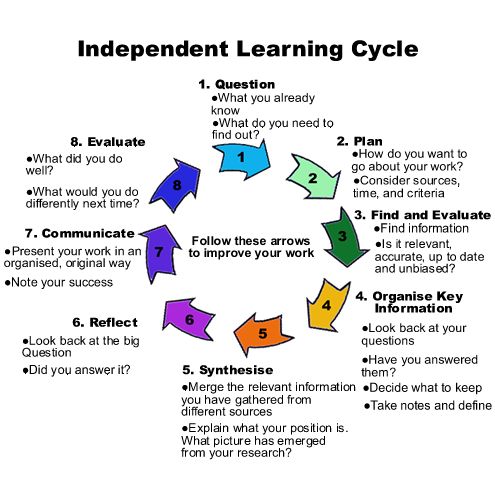 ..
..
How to become an ideal student: 10 tips for parents...
According to the plan: is it possible to choose the gender of the child in advance?
2
Encourage initiative
Try to avoid strict prohibitions as much as possible - "Don't run!", "Give it up!", "Stop!", "Don't interfere!" - and "predictions" like "break", "tear", "spill". Does a four-year-old want to help you clean up? Do not put him out of the room, but reward him with a rag. Want to wash dishes? Place a stool next to the sink and turn on the hot water. Try to categorically refuse as rarely as possible, but explain the reasons for the refusal and offer alternative options. To "wake up" children's initiative, provide freedom of choice. When going for a walk, ask where the baby wants to go for a walk - to the playground or to the park? Which hat will he wear tomorrow - red or blue? Thus, the baby will learn to make decisions (no matter how insignificant they may be in your opinion), think and act independently. Give him a space for which only he will be responsible - if not his own room, then at least a children's corner in the apartment - let him determine the state of affairs and keep order. First, help him in this difficult matter, explain why it is better to put toys in a box and put books on a shelf, but do not persist if the baby does not agree with you. He just wants to do it his way and feel like his decisions matter too. Give him that right.
Give him a space for which only he will be responsible - if not his own room, then at least a children's corner in the apartment - let him determine the state of affairs and keep order. First, help him in this difficult matter, explain why it is better to put toys in a box and put books on a shelf, but do not persist if the baby does not agree with you. He just wants to do it his way and feel like his decisions matter too. Give him that right.
3
Set a clear schedule
Scheduled life is predictable and understandable. But this is exactly what children need. Getting used to a certain daily routine (getting up, washing, making the bed, breakfast, walking, etc.) streamlines the child's life. When there is no such regime, he toils (including from idleness), and parents have to constantly stand over him, forcing him to do this or that. You must understand that the compiled schedule is a support that will help the baby quickly remember everything that needs to be done. Visualize the daily routine by drawing a schedule and hanging it in the most visible place.
Visualize the daily routine by drawing a schedule and hanging it in the most visible place.
Related content:
Confessions of a “not like this” mom: 6 rules of motherhood that...
Who are crystal children and how to understand that your child is...
when we...
4
Entrust him with household chores
Children often take the initiative in this direction - do not interfere! Find something your child likes: loves water - let her water the flowers, loves to decorate - sets the table. An indispensable duty, feasible even for a two-year-old baby, should be to maintain order in your “toy corner”. Be sure to praise the child for the timely completion of his own household “things” and emphasize the benefits of his work.
A hockey section or a modern dance club, a foreign language or a music school - the main thing is that he goes there with pleasure. This is important not only for physical or mental development. Just the upbringing of independence involves, among other things, the formation in the child of the ability to occupy himself for some time without the help of adults.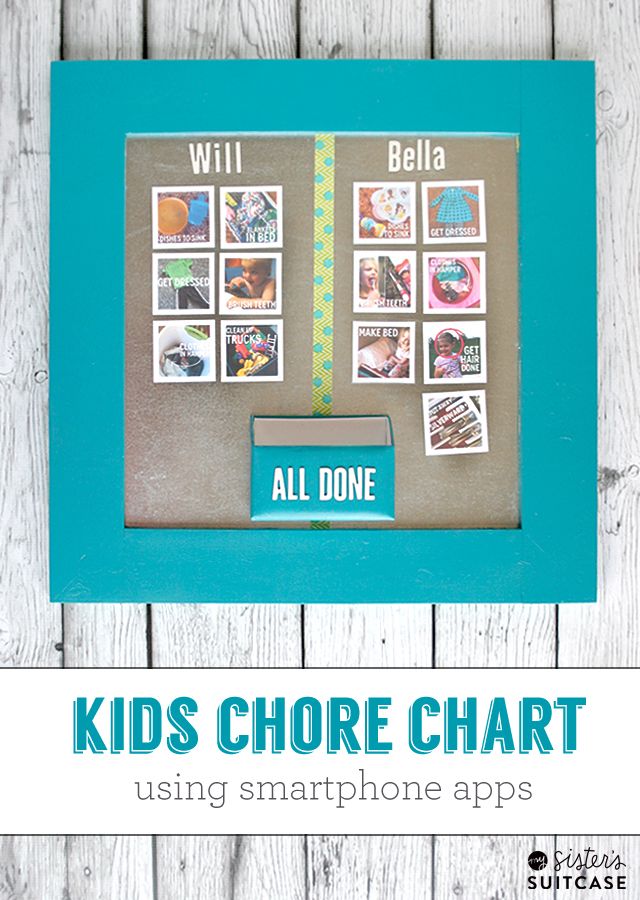
Introduce the practice of getting pocket money (even if at the very beginning it will be the most penny sums), give the baby a piggy bank and let him distribute the expenses himself. At first, explain why you can’t save a lot if you constantly spend. After a while, give the task: ask the child to calculate his “expenses” in advance, taking into account planned and unforeseen expenses. If necessary, help, but do not impose your opinion - let him decide everything himself.
Similar materials:
Why the system "Eat porridge - get an iPad" is wrong... ..
Invent controversial situations to show the child different possibilities for solving them, and ask him to decide for himself what is the best thing to do. Discuss the results of all his actions and deeds and allow him to freely express his thoughts. Let him openly talk about what causes his misunderstanding. In turn, explain why you act in this way in a particular situation, and not otherwise. Make agreements! Agree, for example, that you read a bedtime story and keep secrets for 10 minutes before going to bed if the baby stops evening games on time and gets ready for bed on his own. Warn that if the agreement is violated on his part, everything planned is canceled immediately.
Warn that if the agreement is violated on his part, everything planned is canceled immediately.
Praise is one of the most pleasant and accessible incentives. Praise and encourage always, even if the baby is not yet successful. He will feel that you appreciate his efforts and will want to try again. No need to sing praises and pour flattering words on any occasion - praise should not be exaggerated, but deserved.
Similar materials:
"It seemed to me that if I was an ideal mother, everything...
What is the difference between raising children in Georgia and Ukraine?...
What are the advantages of a prenuptial agreement and how to draw it up correctly...
Patience is one of the main qualities that a parent will need to bring up independence in a child. Even with a lack of time, you do not need to do for the baby those things that he can handle on his own. Instead, tell your child how much you love him often, explain the most obvious things dozens of times, listen to everything he says, answer all his questions, help him reason and let him make decisions, even if they are not entirely to your liking. Refuse hyper-custody, do not demand complete submission from the baby, but be his friend and adviser.
Refuse hyper-custody, do not demand complete submission from the baby, but be his friend and adviser.
Based on materials from Parents.ru
Tags: children, family
How to raise an independent child: the lazy mom method
August 30, 2021
Share
0How many funny and sad stories have we heard about how grown-up uncles and aunts are brought to a mom's interview? How do graduates go to the admissions office hand in hand with their grandmother? All these problems grow from childhood, in which parents are shaking over their children, do not sleep at night, get tired of a huge number of things.
It's good to be a lazy mother who can sleep until noon on weekends, because the children will wake up and wash themselves, and make breakfast for themselves, and find something to do. It's good to be a lazy dad, whose children themselves will clean the room without a command, and then they will also help fix the tap. We will tell you how to become so lazy-happy so that even the children are happy.
We will tell you how to become so lazy-happy so that even the children are happy.
Anna Bykova
Author of the book “Independent child, or how to become a “lazy mother””, child and family psychologist, educator.
Anna Bykova is sure: you can do without sleepless nights, and without scandals and whims. To do this, you need to raise independent children, those who will not need the help of their parents.
Actually, laziness with such an approach is cunning. True laziness does not smell here. Raising children who do not need constant supervision requires enormous labor costs from parents.
Mother's "laziness" at the base should have concern for children, and not indifference.
Anna Bykova
A child can become independent only because he has to. For example, if he is left to himself all the time and there is no time to take care of him. But such independence loses in terms of the level of development of consciously brought up, when parents do everything so that the child stops needing them as soon as possible.
Let's analyze the basic principles of a lazy mother.
Never do for a child what he can do for himself
Not to do for a child what he already can is, in fact, not to interfere. For example, at a year and a half, a child can handle a spoon, and at three - get dressed, put away toys, at five - heat breakfast in the microwave, at seven - return from school and do homework on their own. Why doesn't the child do this?
Yes, because his parents do not allow him to do this, for whom it is easier and faster to feed, dress, collect, bring by the hand.
Children are actually smarter than they seem. And a hungry child will not refuse porridge, and a tired child will not fall asleep with a scandal. The parents' job is only to help: give porridge, read a fairy tale, suggest what the weather is like outside and what is better to wear.
How to find out what a child can do
Since all children are different, the timing of development is individual. Nowhere have tables been published that indicate at what age a child can be given a knife, and at what age they can be sent to the store for bread.
Nowhere have tables been published that indicate at what age a child can be given a knife, and at what age they can be sent to the store for bread.
When hands reach out to do something for a child, ask yourself: why can't the child do it for himself? It’s one thing - he can’t physically, because motor skills are not developed, because he is tired, because he is sick. This is where parenting comes into play.
It's another matter - he can't, because he doesn't want to, demands attention, is capricious. In this case, you need to talk, reassure, suggest, but do nothing extra.
And, finally, if a child simply does not know how yet, he must be taught.
Teach your child, don’t do it for him
You need to teach your child according to the scheme “show → do together → let do with a hint → let do it yourself”. Moreover, the points “do together” or “do with a hint” will have to be repeated far more than once.
Before my eight-month-old son began to properly slide off the high sofa, I turned him in the right direction, probably five hundred times. At the age of three, it was enough to show ten times how the mop works, and once to check that the child was enthusiastically mopping the floors. At the age of five, watching how dad works with side cutters, the child skips the “do it together” stage and uses the tool correctly.
At the age of three, it was enough to show ten times how the mop works, and once to check that the child was enthusiastically mopping the floors. At the age of five, watching how dad works with side cutters, the child skips the “do it together” stage and uses the tool correctly.
A lazy parent is willing to spend hours and days making the house safe and teaching a child to play independently.
But then he will enjoy the opportunity to sleep on the weekend, because the child will not rush to mom and dad immediately after getting up.
Help solve a problem, don't solve it for a child
When a small person is given big tasks, it is logical to hear in response that he "can't". How can you cut a bowl of lettuce when there's a whole mountain of vegetables? Ordinary parents will cut themselves, lazy ones will go the other way.
They help break down the task into smaller ones. For example, first cut only cucumbers, then only tomatoes, and then only greens remain.
Allow a child to make mistakes
A child, mastering a new business, will make a lot of mistakes, even if the lesson seems nonsense to an adult. You have to find a button inside yourself that will turn off criticism. Of course, a three-year-old kid with a mop will not wash the floor, but only wet it.
Lazy parents will not take away a bucket of water. They will praise the child, thank for the help. In the meantime, the child is watching a cartoon, they will quietly wipe the puddles. The lazy will not scold the child for the wrong type of tea in the store or for the jacket that is too light, not for the weather.
Because any mistake is experience, and only experience can make a person independent.
Give your child a choice
For a child to be independent, he needs to choose. And choose for real, without cheating. Ask your child to choose their own clothes in which he will go for a walk. Buy cereal for breakfast. Decide how to spend the day off and which section to go to after class.
Decide how to spend the day off and which section to go to after class.
You will have to look closely at the child and trust him, to be near and lend a shoulder.
This is more difficult than doing everything on your own. But with this approach, every day it will be easier to be parents.
Think about every “no”
Some of the prohibitions are necessary because we care about the safety of the child. But sometimes behind the word “no” is a concern for your own convenience. It is easier to forbid a child to pick up a watering can than to teach him to water.
A child can overturn a flower, scatter earth, can flood a flower, and water will flow over the edge of the pot. But this is how, through actions, the child learns to coordinate movements, understand the consequences and correct mistakes.
Anna Bykova
Therefore, only that which is unsafe can be “impossible”. For example, eating with dirty hands or crossing the road in the wrong place.
When once again a hard “no” is ready to come off your tongue, stop, think, answer your question: “Why not?”
Anna Bykova
If it is impossible because it is more convenient for you, then you will not see the happiness of a lazy parent for a long time.
Get the child interested
For a child, any process is a game. As soon as he stops playing, you can force him to do something only with threats, punishments, intimidation and other evil spirits that are better not to be dragged into family relationships.
It is desirable that the child experience independence on the wave of “Wow, how interesting to try!”
Anna Bykova
When a child can do something but doesn't want to, get him interested. Spilled water? We take a mop to scrub the deck of your ship like a real sailor. The same game gets boring quickly, so you have to stretch your imagination and offer different options.
We cannot be perfect parents, but our task is to make the child stop needing us.

